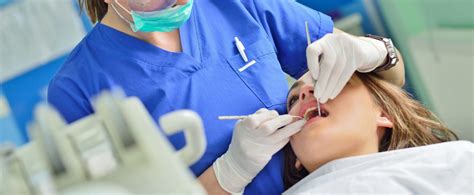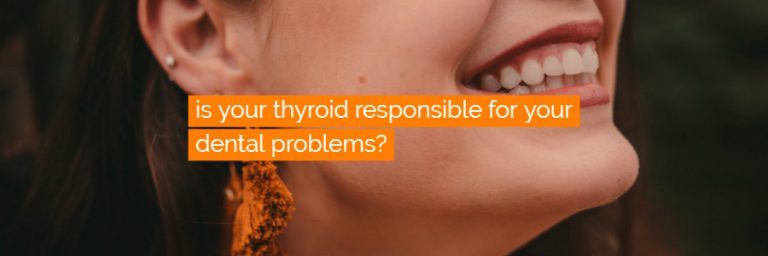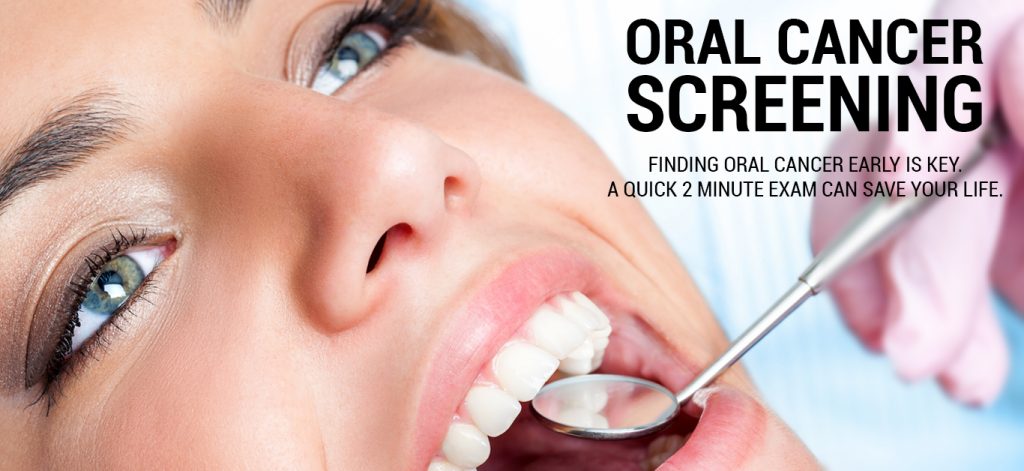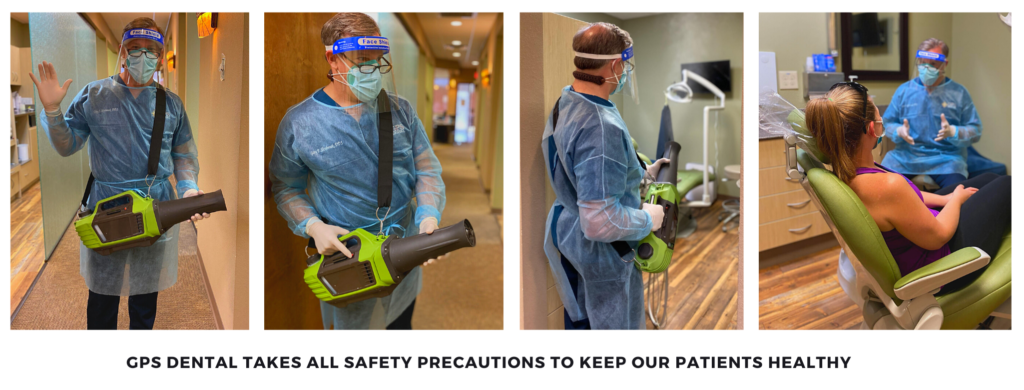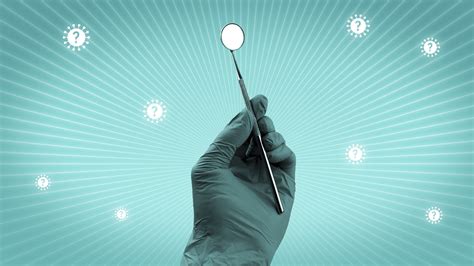Postmenopausal Women with Gum Disease Seem to Have Higher Breast Cancer Risk
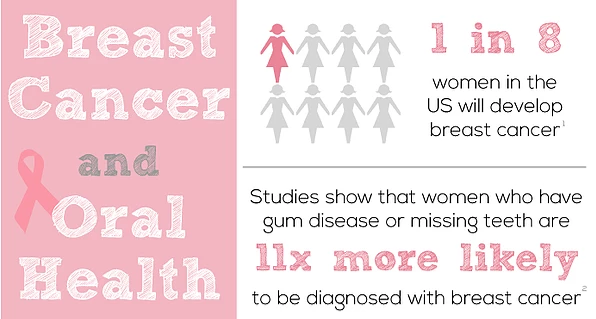
Research suggests that postmenopausal women with gum disease are more likely to develop breast cancer than postmenopausal women who don’t have gum disease. Why? Let’s discuss the breast cancer oral health link.
If a woman has a history of smoking, the risk of breast cancer may be even higher
Gum disease, also called periodontal disease, can range from simple inflammation of the gums, called gingivitis, to periodontitis, when the gums pull away from the teeth leaving open spaces that become infected. The bacteria causing the infection and the body’s response to the infection can break down the bone and connective tissue that hold your teeth in place. If periodontitis isn’t treated, the teeth may become loose and must be removed.
Gum disease can be prevented by regular tooth brushing and flossing.
Gum disease has been associated with several other diseases, including heart disease, stroke, and diabetes. Past research has found links between gum disease and oral, esophageal, head and neck, pancreatic, and lung cancer
So … are there any links between gum disease and breast cancer?
A study has found that postmenopausal women with gum disease were more likely to develop breast cancer than postmenopausal women who didn’t have gum disease.
If the women had a history of smoking, the risk of breast cancer was even higher.
The study was published online on Dec. 21, 2015 by the journal Cancer Epidemiology, Biomarkers & Prevention. Read the abstract of “Periodontal Disease and Breast Cancer: Prospective Cohort Study of Postmenopausal Women.” The research is part of the very large Women’s Health Initiative Observational Study, commonly called the WHI. The WHI is looking for links between health, diet, lifestyle, and genetic factors and health problems, such as cancer.
In this study:
- the researchers monitored 73,737 postmenopausal women in the WHI who had never been diagnosed with breast cancer.
- About 26% of the women told the researchers they had gum disease.
- After about 6.5 years, 2,124 women had been diagnosed with breast cancer.
- Overall, the risk of breast cancer was 14% higher in women who had gum disease compared to women who didn’t have gum disease.
- So, if average breast cancer risk is about 12%, a woman with gum disease had about a 13.5% risk of breast cancer.
“We thought that periodontal bacteria — either the bacteria themselves or the inflammation that’s part of having periodontal disease — has an effect on other parts of the body, including breast tissue. We know there are bacteria in breast tissue, and we know there are bacteria in mother’s milk. Women who had periodontal disease had a small increase in the risk of breast cancer overall,”
said Jo Freudenheim, Ph.D., distinguished professor of epidemiology and environmental health at the University of Buffalo and lead author of the study.
Does Smoking Have an Effect?
Because earlier studies have shown that the effects of gum disease can be more severe if a person smokes, the researchers also grouped the women by smoking history:
- Among women who had quit smoking within the last 20 years, women with gum disease had a 36% higher risk of breast cancer than women who didn’t have gum disease.
- Among women who had never smoked, women with gum disease had a 6% higher risk of breast cancer than women who didn’t have gum disease.
- Among women who had quit smoking more than 20 years ago, women with gum disease had an 8% higher risk of breast cancer than women who didn’t have gum disease.
“There’s been an explosion of information recently that makes it clear that many different parts of the body that were thought to be sterile contain bacteria and other microbes,” Dr. Freudenheim said. “These bacteria may influence diseases that were previously thought to have no infectious component.”
Gum Disease and Breast Cancer
The researchers said there are several possible reasons for the association between gum disease and breast cancer:
Bacteria in the mouth can get into the bloodstream through tooth brushing, flossing, and chewing. Even though the bacteria are cleared out of the body quickly, the cumulative exposure to tissues can be considerable. It could be that these bacteria affect breast cancer.
Inflammation in one part of the body, such as the gums, may have an impact on other diseases.
Other Factors Increase the Risk
There may be other factors that increase the risk of both gum disease and breast cancer.
“This is a new area, so we have to be careful in how we interpret our findings,” said Dr. Freudenheim. “We can’t say, ‘if you treat periodontal disease it will reduce cancer risk.’ There are new methodologies that allow us to measure things we weren’t able to before. We are now beginning to understand how much the interaction of the microbiome affects our health both in terms of acute infections and chronic diseases.”
Decrease Your Risk for Breast Cancer
Now that you know of the breast cancer oral health link. Doing all that you can do to keep your breast cancer risk as low as it can be makes good sense.
Here are steps you can take to control several risk factors:
- exercising regularly
- eating a healthy diet
- maintaining a healthy weight
- not smoking
- avoiding alcohol
- taking good care of your teeth and gums
Decrease Your Risk for Gum Disease
Decreasing your risk is important because we know about the breast cancer oral health link, where gum disease increases breast cancer risk. According to the Centers for Disease Control, gum disease can be kept in check by:
- Brushing and flossing your teeth every day to remove the bacteria that cause gum disease
- Seeing a dentist at least once a year for a checkup, or more frequently if you have any of the warning signs of gum disease:
- red/swollen gums
- tender/bleeding gums
- loose teeth
- bad breath or a bad taste in the mouth that won’t go way
- gums that have pulled away from your teeth
- sensitive teeth
Learn more: Avoid Gum Disease: What You Need to Know
Making a Difference One Dental Exam at a Time
Now you understand why keeping your gums healthy is such an important task – the breast cancer oral health link where gum disease increases breast cancer risk! AND you know what to do to help keep you and your smile in the best possible health and avoid Gum Disease. Why almost half of Americans suffer some form of gum disease, why wait??
Regular dental exams and cleaning is wonderful preventative care. Although you may be brushing and flossing really well at home, tartar and plaque is impossible to remove with regular brushing and flossing, and can build-up over time. Dentists are able to use specific tools to remove that plaque and tartar, keeping our mouth cleaner and our chances of other complications much lower.
When almost half of Americans suffer some form of gum disease, why wait?
Now you understand why keeping your gums healthy is such an important task – they keep your teeth in place! AND you know what to do to help keep you and your smile in the best possible health and avoid Gum Disease.
At GPS Dental, we take your oral health seriously and want to help you avoid gum disease by checking your oral health and every scheduled cleaning. We are also happy to answer any gum disease questions you have. Take the time to be extra diligent in your normal oral health routine to reduce your risk for gum disease.
If you have questions or concerns about your gum health, please give us a call, Dr. Skrobanek and his experienced team at GPS Dental in San Antonio will be happy to schedule your dental appointment and help you keep your gums, teeth and mouth healthy. Please call our office at 210-633-3477 to schedule your dental appointment.
Dr. Gary P. Skrobanek’s experienced and friendly team at GPS Dental offers affordable dental care for all ages in San Antonio, TX area. Our Brooks City Base dentist office is conveniently located and offers early morning appointment times Monday through Friday to meet your needs. At GPS Dental, we promote dental health awareness to our patients and provide most dental services, from family and general dentistry to dental implants, sleep apnea, TMJ / TMD Treatment, cosmetic dentistry and much more. We accept most dental insurance plans and offer affordable financial solutions for any budget. Call us at 210-633-3477 to make an appointment.
The information in this blog has been provided by Breastcancer.org. For more information on breast cancer risk and other steps you can take to minimize your risk, visit the Breastcancer.org Lower Your Risk section.







